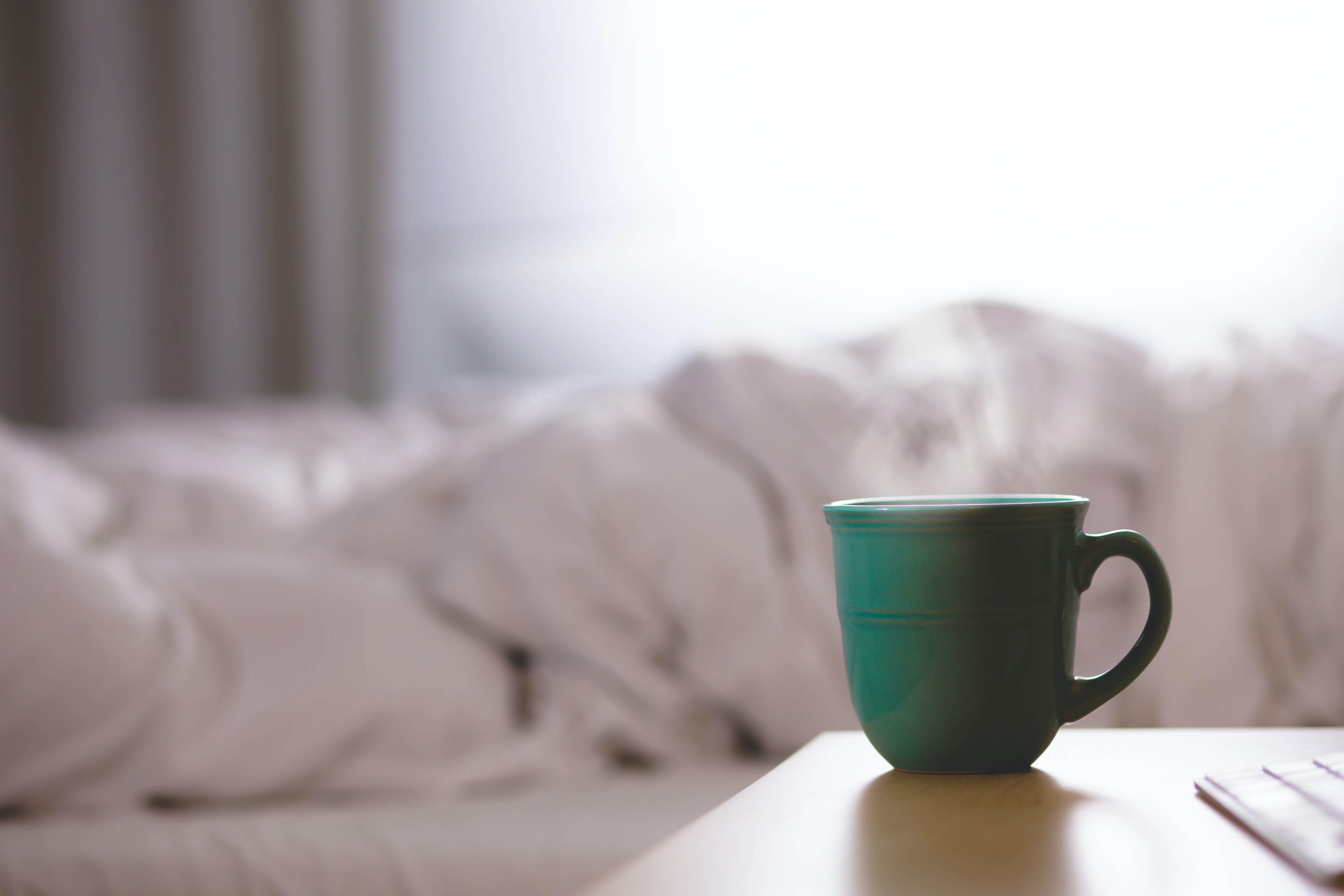Are you getting enough sleep?
Having problems sleeping is common and can be a recurring issue when you care for someone. Occasionally having a disturbed night will affect you the following day, but if you are having trouble sleeping for longer than a night or two, then everything will seem harder.
You may find that you are constantly tired, drop off during the day, have trouble concentrating and making decisions, and start feeling depressed. Long-term lack of sleep may also increase your risk of having high blood pressure, diabetes and obesity.
Tips for coping and finding ways to rest and relax or seek support
Why is it so difficult?
The emotional or physical needs of someone you care for may interrupt your night’s sleep or you may be under pressure because of your caring responsibilities.
Caring can also bring extra pressures, such as money worries, emotional worry, isolation, and having no time to yourself.
All this can lead to stress. This can make it very hard to get to sleep and can keep you awake at night, which can be exasperating, especially when you know how exhausted you are. Feelings of anxiety or depression can also lead to problems sleeping.
There are various techniques you can try to improve your sleeping habits
Some useful tips:
- Make sure your bedroom is comfortable and calm – and not too hot, cold or noisy.
- Consistency is key – having a regular bedtime and wake-up time can really help and give your body the rhythm it needs, especially if caring gets in the way of your natural rest patterns.
- Try to keep a regular pattern of going to bed and rising at the same time every day, even if you are not tired.
- Avoid bright lights or having any devices close by – they will only encourage you to stay awake and alert.
- Try not to work or have your computer or TV in your bedroom.
- Do some regular exercise – swimming and walking are ideal – but try not to do this too near to bedtime as it may keep you awake. The right balance will relax your body.
- Try to get outside more – if exercising is difficult, just simply try to enjoy some fresh air as sunlight is an important source of vitamin D. A lack of vitamin D will cause tiredness. Many people find it helps to take vitamin D supplements over the winter when there is less light.
- Avoid eating big meals or drinking too much alcohol close to bed time and try to cut down on tea and coffee in the evening. Consider what food you’re eating as this could be affecting your energy levels. See ‘Eating well’ for some helpful pointers.
- Opt instead for a milky drink like hot chocolate or a herbal tea like chamomile tea.
- Check your mattress. It should be firm enough to support you comfortably, but not so firm that you feel perched on top of it.
- Spend some time relaxing before you go to bed – a warm bath may help. There are many different relaxation techniques. You could try podcasts or read books available in your local library or you could join a class.
- Keep a notepad by your bed so that if you are worried about something, you can write it down to get it off your chest and be ready to deal with it the next day.
- If you still cannot sleep, try not to fight it and lie there worrying. Keep in mind you are still resting and helping your body to relax – try to focus on breathing steadily in and out.
- If your mind won’t stop racing, try to get up and do something you find relaxing like reading, watching TV or listening to quiet music. After a while you may feel tired enough to go to bed again.
- Complementary therapies such as massage or aromatherapy treatments can be a good way to relax and a nice way to pamper yourself.
Also see our video on bedtime rituals and routines for carers for further guidance.
Seek support
If your lack of sleep is becoming too much, it’s a good idea to speak to your GP, especially if you are suffering from stress, anxiety or any physical illness or pain. Even just talking it through can really help. Knowing that someone is taking your concerns seriously can make a big difference to your peace of mind. Your doctor could offer recommendations of services to help.
It could be that an undiagnosed health issue is affecting your quality of sleep, like sleep apnoea, ‘long Covid’ or chronic fatigue. If you have any doubts, your first port of call should be to visit your GP.
It may also be helpful to talk with supportive family members or friends about how you are feeling. Even if they are unable to change anything directly, knowing that they care and understand what you’re going through could help release some of the feelings of tension.
If you have not already had a carer’s assessment or an adult carer support plan (in Scotland) with someone from your local council or trust (in Northern Ireland), it is a good idea to ask for one. Your local council or trust should be able to recommend local support services that can help.
You could also contact a carer support group or local service in your area. They may be able to offer sitting services, respite care and emotional support, all of which may help you feel less stressed, and help you get a better night’s sleep. Contact your local council or local Health and Social Care Trust (in Northern Ireland) for recommendations or use our local directory to find out what’s available.


